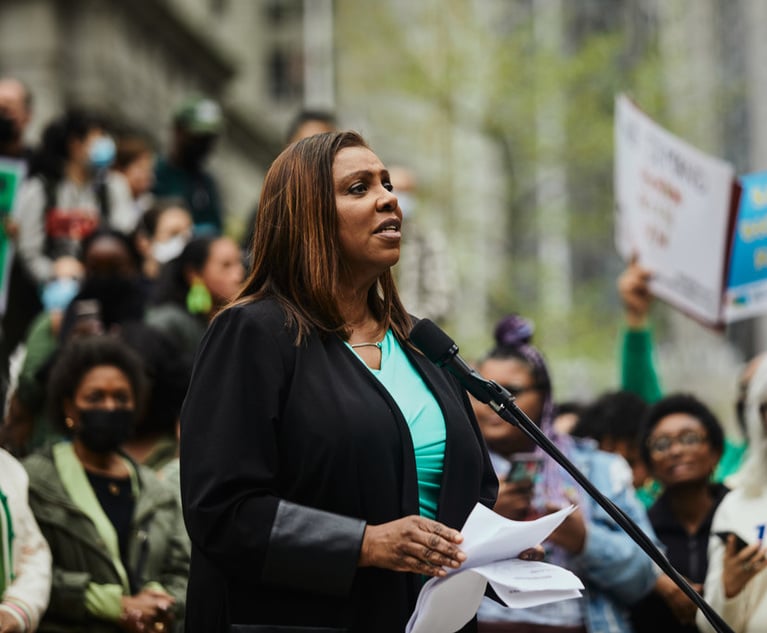The U.S. Court of Appeals for the Ninth Circuit recently ruled that despite the rejection of a plan by every creditor of a debtor, a plan for such debtor may be confirmed, provided that such debtor is part of a joint plan with one or more of its affiliates and at least one class of any such affiliate’s creditors support the plan. Satisfaction of a key statutory predicate for confirming a Chapter 11 plan depends not on support from a debtor’s creditors, but on whether there is creditor support for at least one of the debtors in a joint multiple debtor plan. Adopting a literal approach to the Chapter 11 requirement found in §1129(a)(10)—which requires that at least one class of impaired creditors vote to accept the plan before the plan can proceed to confirmation—the Ninth Circuit determined that the affirmative vote of one creditor class of a joint plan is sufficient to permit a plan to proceed to confirmation. Under the Ninth Circuit’s interpretation, if every creditor of one debtor rejects the plan, the plan may be still be confirmed over such rejection provided that (1) the plan meets the cramdown standards for the rejecting class and (2) some class of another debtor’s creditors accept the plan. In theory, this interpretation could yield different results and extend differing creditor protections depending on whether the debtor is part of a joint plan with its debtor affiliates or proposes its own plan.
In In re Transwest Resort Properties, 881 F.3d 724, 726 (9th Cir. 2018), the Ninth Circuit expressly rejected the “per debtor” interpretation of §1129(a)(10) in favor of a “per plan” approach. Transwest involved five affiliated debtors. One debtor served as a holding company, two debtors were operating hotels, and the remaining two debtors owned the hotel debtors and obtained separate financing secured by the equity of the operating hotels. In that structure, there were no creditors of the debtor that owned the hotel except the rejecting lender.


 Corinne Ball
Corinne Ball




